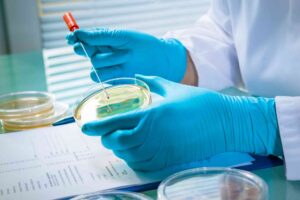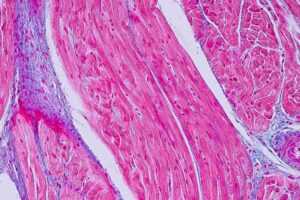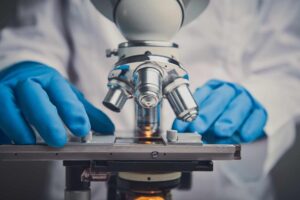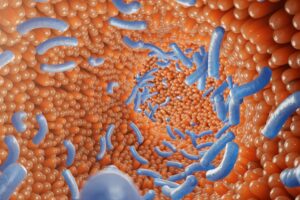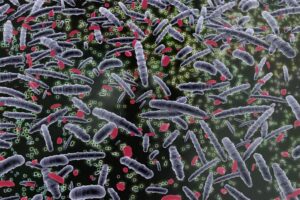Scientific research
Scientific research
Researchers have found that cooperation among microbial cells may be one of causes of this drug tolerance.
Scientific research
To elucidate the role of the microbiota in PSC, researchers studied a type of immune cells called mucosal-associated invariant T (MAIT) cells, which are abundant in the liver.
Scientific research
Researchers have found that gut microbes can help frogs to cope with hot temperatures. The findings could pave the way to for new conservation approaches for animals threatened by climate…
Scientific research
Researchers have found that microbes in the gut of ground squirrels recycle a waste product into building blocks to make proteins, helping the animals to survive a long winter without…
Scientific research
By combining HiFi with advanced algorithms, the researchers identified the genomes of 428 microbial species with more than 90% completeness.
Scientific research
A new study (Nature) helps to understand why people who stop smoking often gain weight.
Gastroenterology, Scientific research
Specific gut bacteria may drive some autoimmune conditions, including rheumatoid arthritis, inflammatory bowel disease, and multiple sclerosis. A new study published in Cell Host & Microbe claims.
Nutrition, Scientific research
By analyzing paleofeces from Austrian salt mines, researchers have found evidence that people who lived in modern-day Austria some 2,700 years ago drank beer and ate blue cheese.
Scientific research
A recent study published in Current Biology highlights how microbiotas from the past could be used to monitor environmental changes and it provides an example for how policies to control…
Scientific research
Researchers have developed a new approach to study microbial metabolism that works by detecting microbial metabolites in diverse biological samples and trace them back to the metabolic profiles of bacteria…
